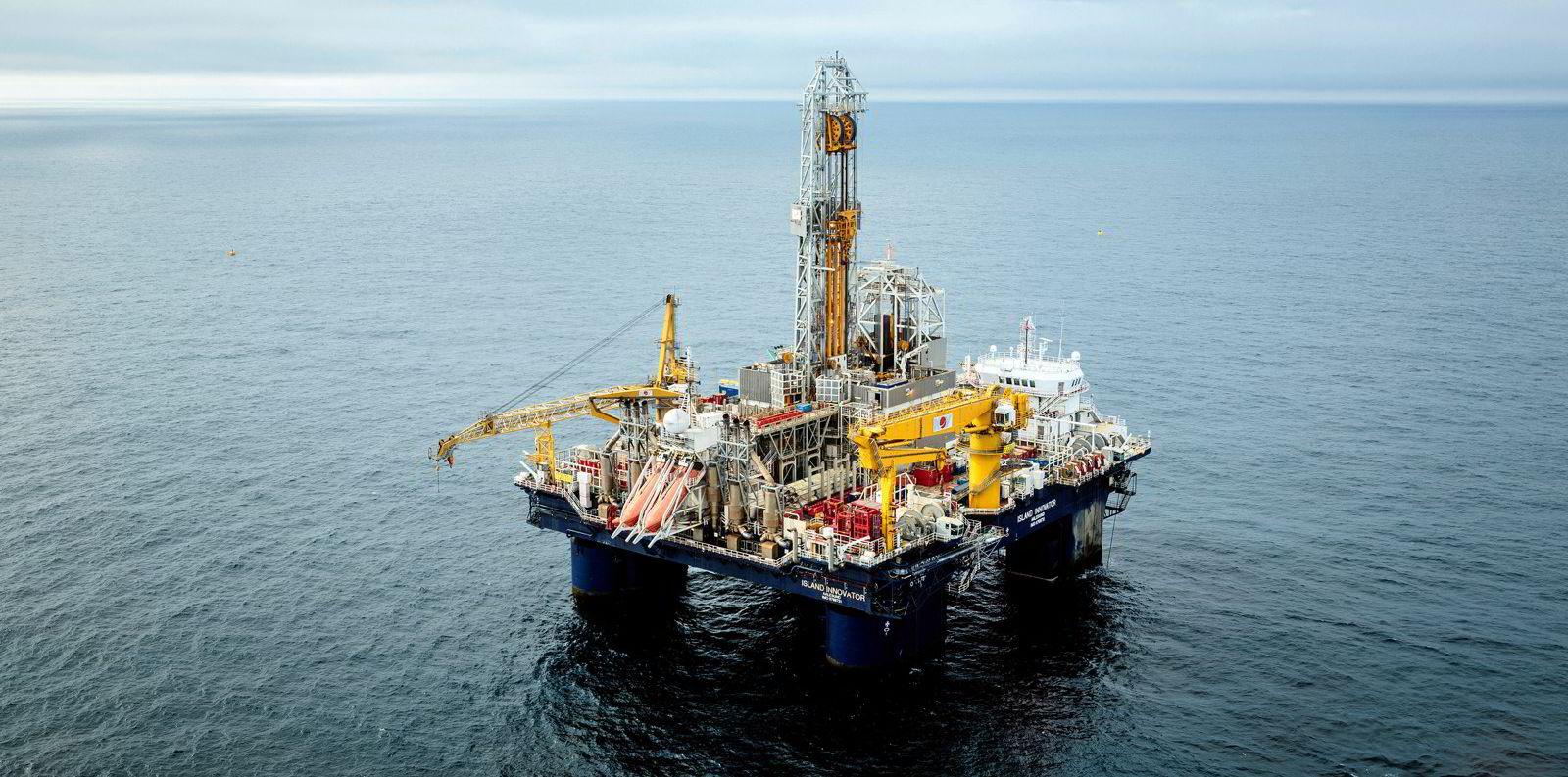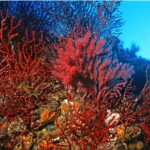A South African Court has blocked the activities of oil giant Shell, who planned to investigate offshore oil deposits along the South African coast, close to the annual migratory routes of whales. An international petition to block Shell’s activities collected almost 450,000 signatures.
Dolphins, seals, sharks and penguins frequent the South African coast, but it is whales that are the most prominent inhabitants of these waters. The great cetaceans migrate from the cold Arctic waters, and through June to November, the coastline acts as a stage for the pirouettes and jumps of whales, delighting whale-watchers near Cape Town.

From December 1, Shell wanted to search for oil or gas deposits along the entire eastern coast, from Morgan Bay to Port St Johns. An environmental disaster was announced, which was opposed by environmental groups and local populations, which finally led to the project being stopped. The oil exploration was considered “flawed and illegitimate” by the High Court of Makhanda, which ordered the multinational to immediately cease operations and pay all court costs.
Activists from Oceans Not Oil collected almost 450,000 signatures against the project, addressing the international petition to South Africa’s Environment Minister Barbara Creecy, and to Royal Dutch Shell.
“For five months, the vessel operated by the charterers of Shell Exploration…would have dragged up to 48 compressed air guns across 6,011 km² of the ocean surface, firing extremely strong shock wave emissions that penetrate 3 km of water and 40 km in the Earth’s crust below the seabed” explained the activists. “The ship would be active for 24 hours a day, firing shockwaves every 10 seconds. In the process, the marine life of the fragile Wild Coast, in panic, will be deafened and damaged.”
This would be a huge disaster for marine mammals, who rely on acoustics as their main communication channel.
“Marine mammals live in a medium that transmits little light but through which sound spreads well and quickly, even at great distances. This is why marine mammals rely on sound to communicate, investigate the environment, find prey and avoid obstacles”, explains the Interdisciplinary Center of Bioacoustics and Environmental Research of the University of Pavia.
If animals for any reason cannot avoid a source of noise, they may be exposed to acoustic conditions capable of producing adverse effects, ranging from discomfort and stress to acoustic damage such as hearing loss. Exposure to very loud noises, such as explosions at a short distance, can produce physical damage to other organs as well as auditory ones.

An international research investigation led by the Polytechnic of Turin and the University of Melbourne explained that when there is too much noise, whales “speak less” and have difficulty communicating with each other.
The work, published in the scientific journal Royal Society Interface, studied the effects of man-made noise pollution among Minke whales in the North Sea.
Although, it was not purely animal-related or ecological reasons that led the South African judge to issue the ruling against the Shell project, Shell’s activities would have also affected the lives of the local indigenous population.
“Shell had the duty to consult with the communities that would have been affected by the seismic investigation”, ruled Gerald Bloem, “the population has the right on that stretch of coast also for a special spiritual and cultural connection with the ocean.”
The judge highlighted how destroying the current balance of flora and fauna would bring a huge impact on the livelihood of those who live in this area of South Africa, emphasising the impacts of extractive mining on delicate ecosystems that humans have interrelated with for millennia.
It is an encouraging development, and we hope this leads to similar rulings across the world.













